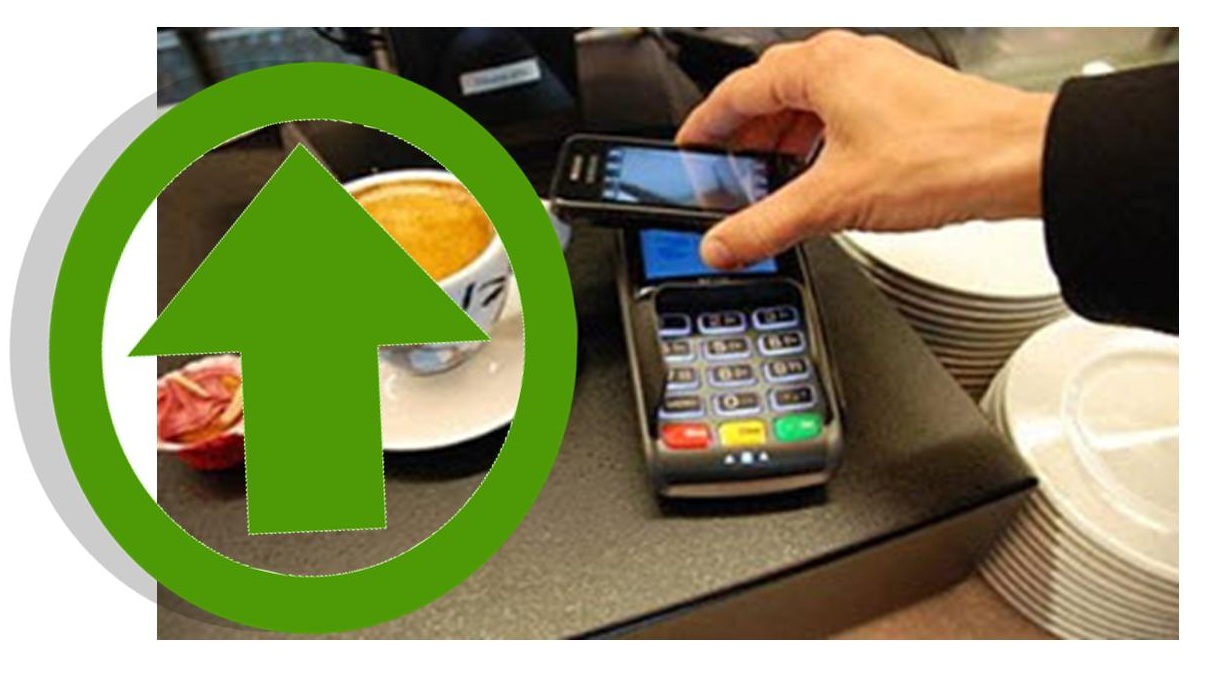 NFC technology beginning to gain more traction in mobile commerce
NFC technology beginning to gain more traction in mobile commerce
NFC technology has begun to lose some of its luster with consumers in regards to mobile commerce, but that does not mean that the technology is going away any time soon. Though many consumers have reservations concerning the use of NFC technology in mobile commerce, NFC remains one of the cornerstones of mobile payments. The technology enables mobile devices to conduct transactions for goods and services and helped expose people to the concept of mobile commerce. Despite the importance of the technology, NFC-enabled mobile devices are still quite rare. This may soon change.
Study shows that more NFC-enabled devices are incoming
A new study from ABI Research, a leading market research firm, suggests that the number of NFC-enabled devices around the world will surpass 500 million in 2014. The study predicts that at least 285 million NFC devices will be shipped around the world this year, with heavy shipments being seen in large markets like the U.S. and some parts of the Asian Pacific. Mobile device makers are currently the strongest supporter of NFC-enabled devices and are expected to labor intensely to show that these devices can be useful, especially in the realm of mobile commerce.
Galaxy S III helps promote NFC and shed light on the challenges it faces
Currently, the most popular NFC-enabled mobile device is the Samsung Galaxy S III. This smartphone is equipped with NFC technology that has been lauded as an ideal way to share digital content among consumers. The fact that the smartphone can be used to participate in mobile commerce has received relatively little attention since its launch last year. The Galaxy S III has, of course, been used for mobile payments, but it also represents the challenges that device makers have with promoting the mobile commerce capabilities of NFC-enabled devices, namely raising awareness and encouraging consumers to actually pay for goods using their smartphones or tablets.
NFC technology may not be ideal for mobile commerce
The study from ABI Research shows that device makers are ready to embrace NFC technology, but mobile network operators may have more trouble supporting the technology and its use in mobile commerce. NFC technology has no inherent security features, as it acts simply as a transmission technology capable of sending and receiving digital information. Therefore, the security measures needed to keep consumers safe are the responsibility of device makers and mobile network operators. Network operators have, thus far, shown little interest in incorporating significantly more robust, and more expensive, security measures in order to support NFC technology.

 4G speeds may make mobile commerce a major success in the UK
4G speeds may make mobile commerce a major success in the UK